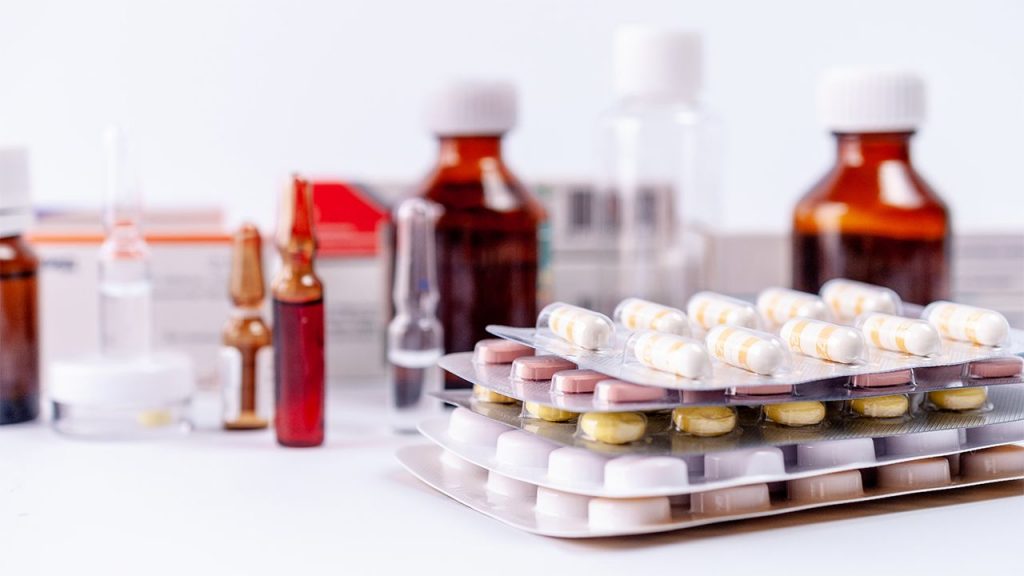Pharmaceutical preparations are supposed to contact the glass containers used directly. Glass bottles must have a reliable closure method. The containers are made so that it is easy to remove the contents and that they are suitable for the preparation’s intended purpose. Glass containers limit ingredient loss and offer varying degrees of protection based on the product’s composition and environmental dangers. The physical or chemical interactions between the contents of glass containers used for pharmaceutical packaging and the contents must not affect the efficacy of drug products. According to USP, several different types of glass are used for pharmaceutical packaging.
- Type I – A glass of borosilicate
- Type II – Treated soda-lime glass
- Type III – Regular soda-lime glass
- Type IV (NP) – General-purpose soda-lime glass
Type I borosilicate glass, which also has a high melting point and can withstand high temperatures, has a high melting point, chemical resistance, reduced leaching action, and sterilizing resistance. Type I borosilicate glass is used for parenteral and non-parenteral purposes, water for injection, and glass laboratory equipment.

Type II treated soda-lime glass has been relatively resistant to attack by water. The alkaline oxides on the surface are neutralized by sulfur treatment, making the drink more chemically resistant. It is highly resistant to hydrolysis. Type II treated soda-lime glass is utilized for alkali-sensitive items, infusion fluids, blood and plasma, and large-volume containers.
Type III Regular soda-lime glass containers have significant alkaline oxides, giving aqueous substances and alkalinity. These containers also flake readily and may fracture when exposed to unexpected changes in temperature. It is moderately resistant to hydrolysis. Type III ordinary soda-lime glass is utilized for all solid dosage forms (tablets, powders, and so on) and greasy injections.
Type IV Non-parenteral glass is a soda-lime glass of (NP) for general use. Only oral and topical uses are permitted for a soda-lime glass of type NP.
It is subjected to several tests to identify the type of glass, including the Glass Grains Test and the Surface Glass Test for Hydrolytic Resistance.




